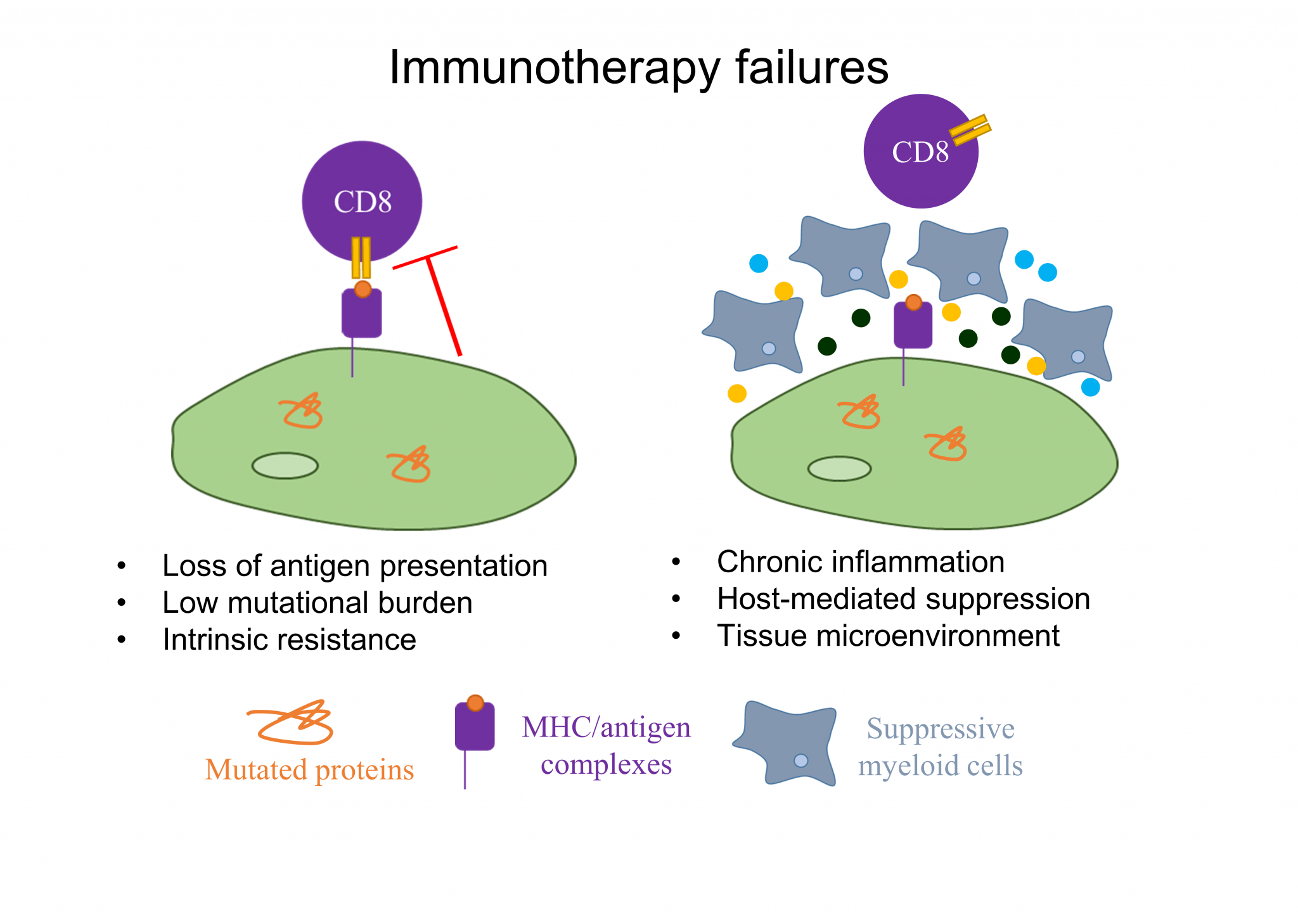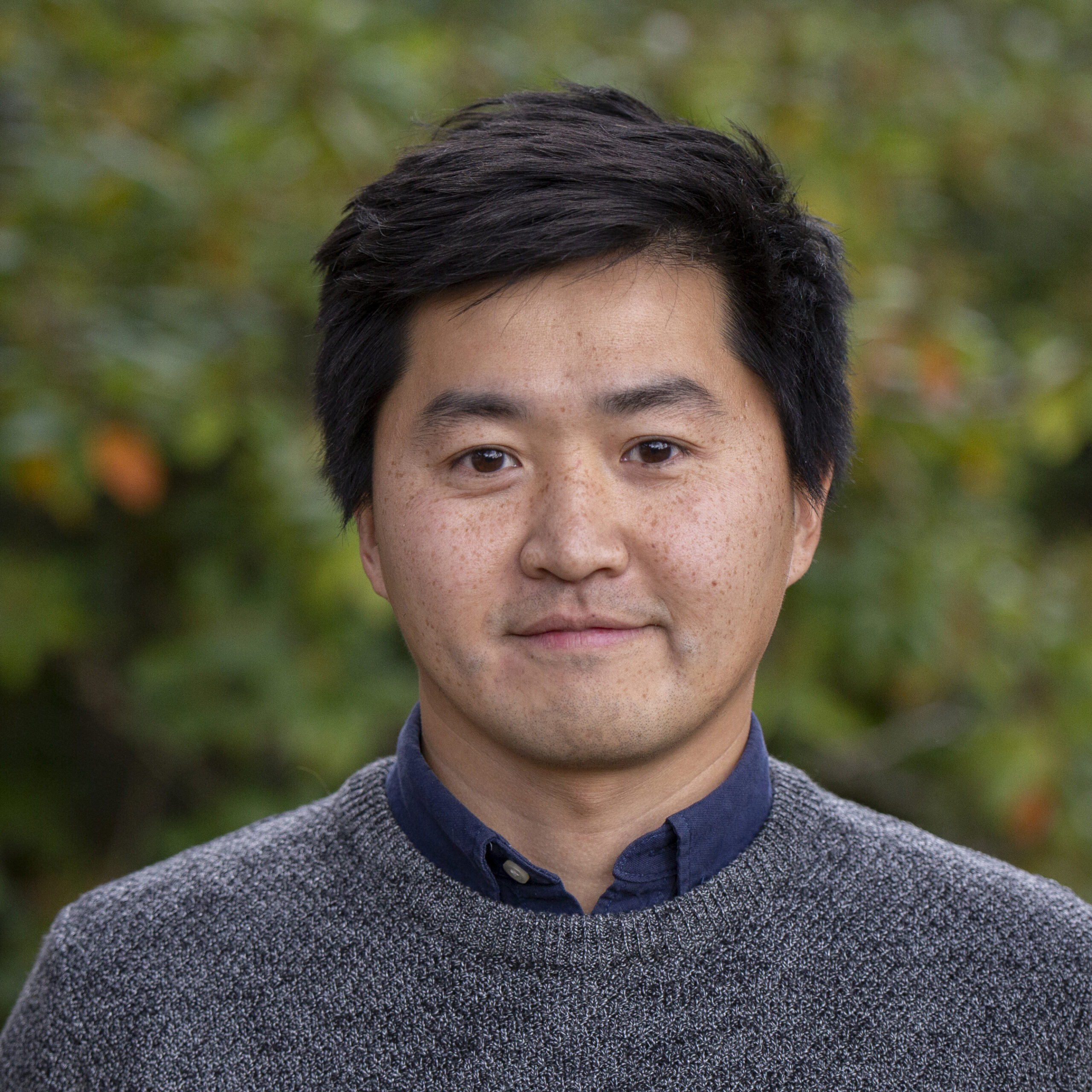Research interests
The research group aims to uncover mechanistic insights of immune suppression mediated by solid tumors. There are three research lines:
- We utilize genome-wide CRISPR screens to reveal cancer intrinsic resistance mechanisms to immunotherapy.
- We dissect tumor-driven immune suppressive mechanisms in the innate immune system.
- We take advantage of the academic drug discovery capabilities at SciLifeLab to translate our novel discoveries to early-stage drug discovery projects.

We have over 15 years of experience in experimental models for cancer/immune interplay. Currently, we are developing new capabilities and data analysis pipelines using scRNA-seq and spatial transcriptomics, in order to generate deep understanding of the tumor micro-environment in human tumors and mouse models.
We are most interested in triple-negative breast cancer (TNBC), high-risk childhood neuroblastoma and immune resistant melanoma.
The Mao group is generously supported by the SciLifeLab Fellows Program, Swedish Foundation for Strategic Research (SSF), Swedish Research Council, Swedish Cancer Society (Cancerfonden), Swedish Childhood Cancer Foundation (Barncancerfonden) and the Department of Immunology, Genetics and Pathology (IGP) at Uppsala University.
Group members
Vaishnavi Iyer, post-doctoral fellow (SSMF funded)
Irineos Papakyriacou, PhD student (neddylation)
Marta Rubies Bedos, PhD student (resistant melanoma)
Rebeca Tomás Parracho, PhD student (high-risk neuroblastoma)
Liam Patrick Alford, PhD student (innate immunity)
Yonglin Lu, research assistant (scRNAseq and spatial omics)
Eirini Voutsinou, Master student
Fatemeh Ranjbar, Master student
Contact
yumeng.mao@igp.uu.se
